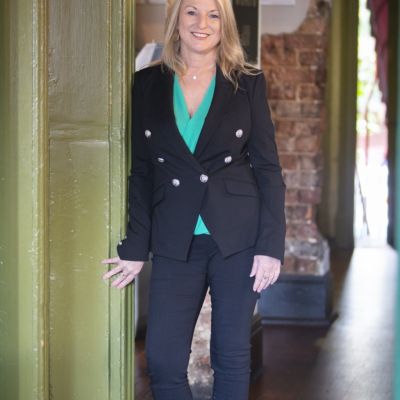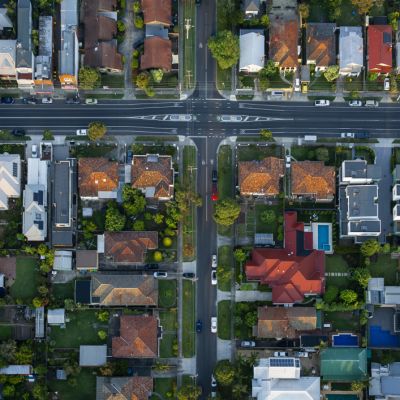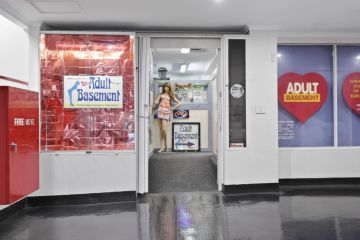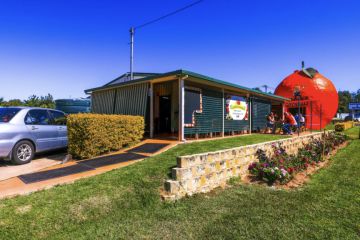Newstart recipients in Australia's biggest cities explain how tough it is to keep a roof over their head
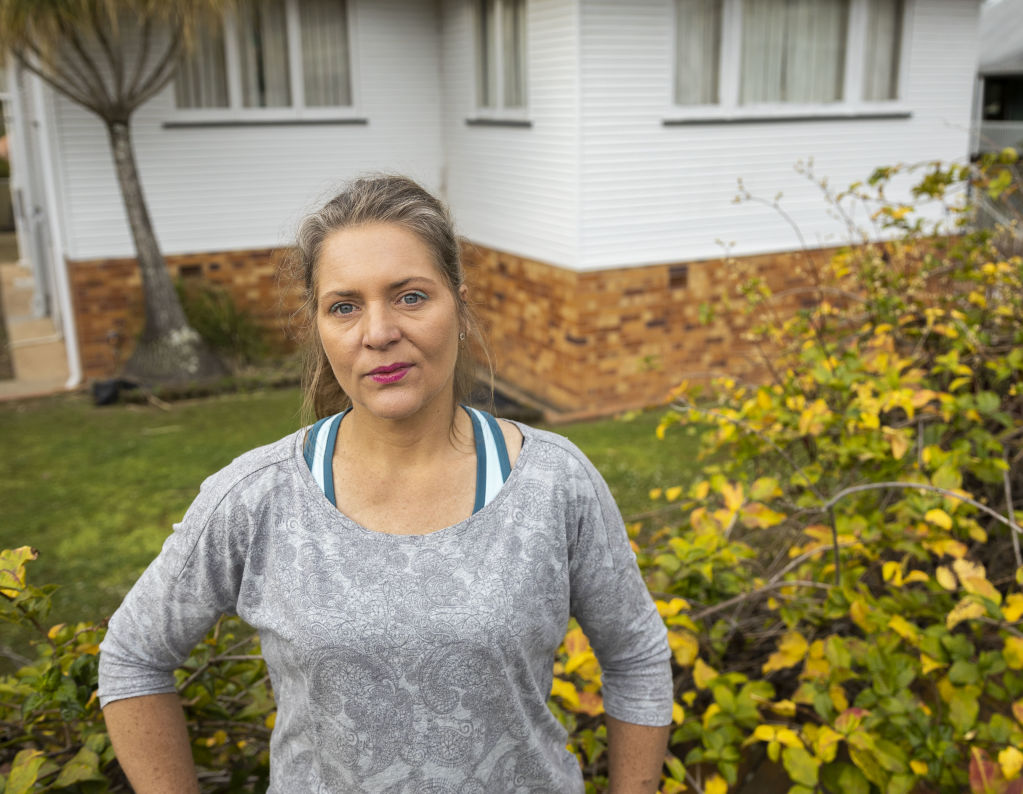
Imogen Bunting, 46, gets $491 a week through Newstart and her part-time work. She lives in her car and keeps her belongings in a storage shed. She doesn’t earn enough to find another place to live.
She’s emblematic of a growing problem in Australia – people who are being squeezed out of their homes because Newstart has not increased while the cost of living continues to rise.
Newstart equates to less than $40 a day, an amount Australian Council of Social Service social security senior adviser Charmaine Crowe says is totally inadequate, particularly with housing costs rising meteorically around the country.
“Many people go without other basics such as heating or medication to get by week to week,” she says. “What we find is people without paid work, studying or looking after children, and on one of these payments, end up spiralling into a financial crisis.
“There’s been a 75 per cent increase in people on Newstart accessing homelessness services.”
The base rate of Newstart is $555.70 a fortnight for a single person with no children, which works out to about $39.70 a day. Recipients can apply for supplementary payments, which at most can add up to $282.07 on top of the base allowance.
Australian Unemployed Workers Union spokesman Jeremy Poxon says the government’s suggestion “if you have a go, you get a go” cast those on unemployment benefits as lazy.
“It’s incredibly demonising and demeaning for people who are doing all they can to just merely survive on what is now one of the lowest unemployment benefits in the OECD,” he says. “Over 50 per cent of our members are telling us they have to skip meals every day just to survive on the entitlement.”
Ms Crowe says the difficulty to survive pushed those on Newstart deeper into crisis.
“You’re so excluded from participating in the community it drives people further and further into a state of despair.”
Here, three people in our biggest capital cities share how they live on Newstart – and try to keep a roof over their head.
“When you talk about losing family support, people think you’re a junkie or something and I’m not.”
Brisbane
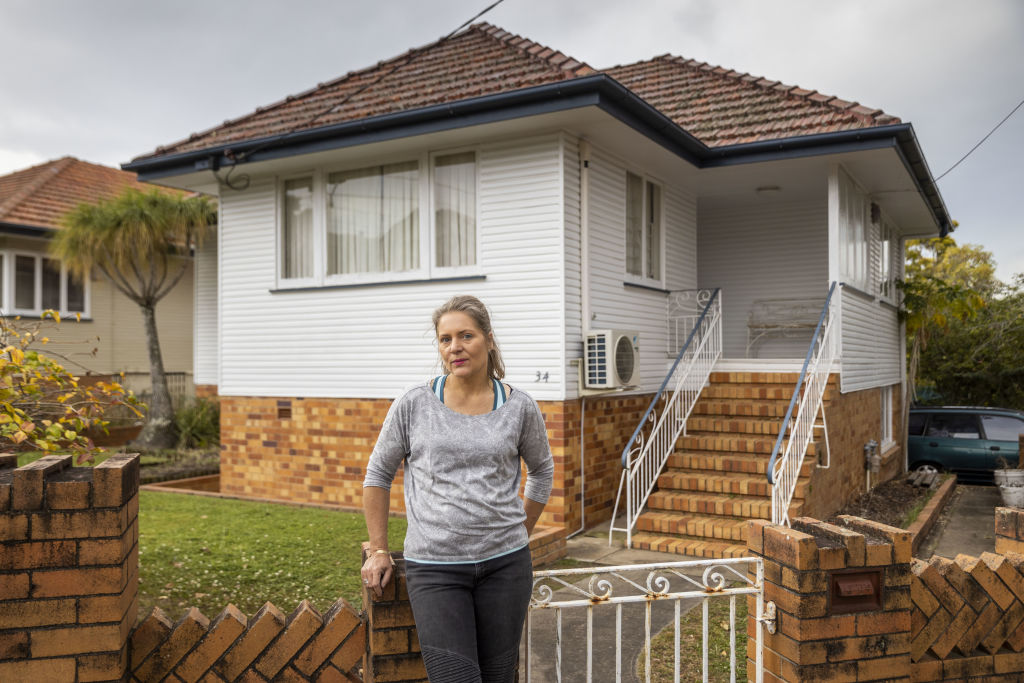
“I report my income every fortnight, and I get $100,” Ms Bunting, 46, says, “on top of my whopping $391 a week [from Newstart].
“I live in Brisbane, and I work on the Gold Coast. I drive 75 kilometres there and back twice a week. I drive 300 kilometres a week for work.”
Ms Bunting has been in and out of work and different housing situations for years.
“In 2015, I lost a house because I couldn’t pay the rent any more and I’d just been put on Newstart, which put my life on a downward spiral that I haven’t recovered from.
“I had family support, the sole parent pension – which is more – and I was enrolled in a double degree of criminology and law.
“I was just trying to survive; I started my own cleaning business, I was couch surfing, sleeping in my car.”
Eventually, she crashed out of university.
“I couldn’t afford the parking on campus, and I couldn’t afford the bus fares and the time. I couldn’t afford the books, which were like $160 a semester. I went off the parenting payment and onto Newstart back then and my life has not recovered at all.”
More recently, Ms Bunting was paying $50 a week in rent for a room in her landlord’s home, but was kicked out because he said she was “not what he was looking for”. She did not want to elaborate.
“Now I’m paying $97 a week in storage. I’ll be sleeping in my car. I’ve asked for permission to set up my fridge and they’ve said yes. I’ll set up a desk and I’ll be able to put wardrobes in there.
“I’ve got a gym membership, which I recommend to people who are homeless because you get access to showers.
“I’ve had that since I became homeless for the first time in 2016. It costs me $17.81 a week.”
The Brisbane City Council fines anyone caught sleeping in their car.
Ms Bunting said she found the government’s reasoning for not raising the Newstart payment galling.
“It’s awful. People say, ‘I’ve worked hard for what I’ve got’. And ScoMo [Prime Minister Scott Morrison] says, ‘if you have a go you get a go’.
“I’ve been having a go but where it’s sending me is to a storage shed and sleeping in my car.”
Ms Bunting cannot rely on her family due to a breakdown in the relationship with her mother. Ms Bunting’s son, now 20, lives with his grandmother but she feels unable to live with the pair.
“When you talk about losing family support, people think you’re a junkie or something and I’m not,” she said. “My mother and I have had issues probably all my life and it came to a head and she won’t support me any more.”
Melbourne
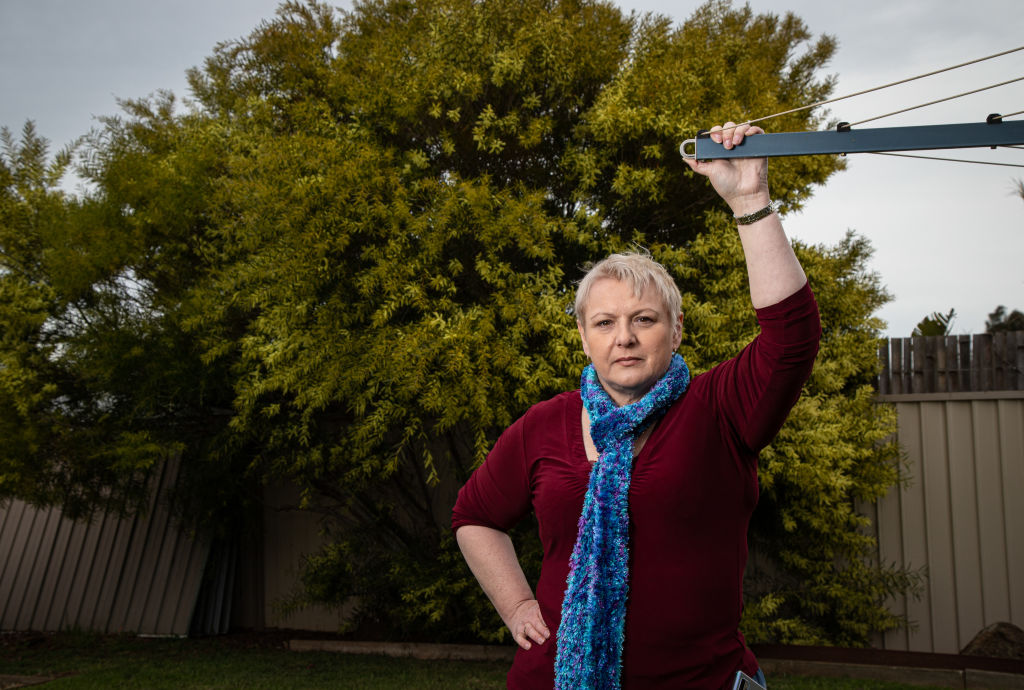
Monika Thomas, 53, lives nearly 50 kilometres outside the CBD, in Harkness. She estimates that she and her husband – also out of work – spend about 70 per cent of their income on their living expenses.
They receive $1025.40 each fortnight. Fortnightly rent is $690.
That leaves them $335.40 to pay bills, for petrol, medication and food.
“You’re not left with a lot,” she says, with a defeated laugh. “Quite often my bank account is in negative.
“You have to laugh, otherwise you’ll cry.”
Ms Thomas often needs to decide if she will go without medication or food after paying all her car and living expenses.
“When you combine all these you don’t eat. Most days when my son’s not here, we go without two meals; we only eat one meal.”
Ms Thomas has a torn rotator cuff, which makes it hard to find work, and often skips pain medication to get by.
“I’m on the waiting list for surgery, and that makes my shoulder worse. If I turn [a job] down because of having some kind of injury it puts you down the list for work down the line.
“You’re damned if you do, damned if you don’t. [If I’m employed] I just take the painkillers and go to work.”
Ms Thomas also cares for her mother who has heart issues, and a collapsed spine from multiple sclerosis.
She has been out of the workforce for years while volunteering to support her son, who has ADHD, through school.
“I re-skilled myself to support him. But now when I apply for jobs, because I’ve been out of work for 12 years they say: ‘you don’t have the right skills’.”
Ms Thomas is desperate to find secure work. “It would be my sanity. I would give me something [so] I’m not stuck in the four walls all the time. Not just going out shopping and going to school.”
The low rate of Newstart made it hard to escape the cycle of poverty, she says, and it is hard to find work when she is barely able to keep herself fed.
“The federal government says you need to have a go. We’re all having a go, and it’s not our fault we’re on what we’re on.
“But for us to get jobs, we need to look like we can go for the jobs. Most places will grade you on how you turn up.
“If you’re going for a receptionist job, you’ve got to look at the part. If you’re going for a tradie job, you need to have the boots, all the equipment. If you don’t have those you won’t get a look in.”
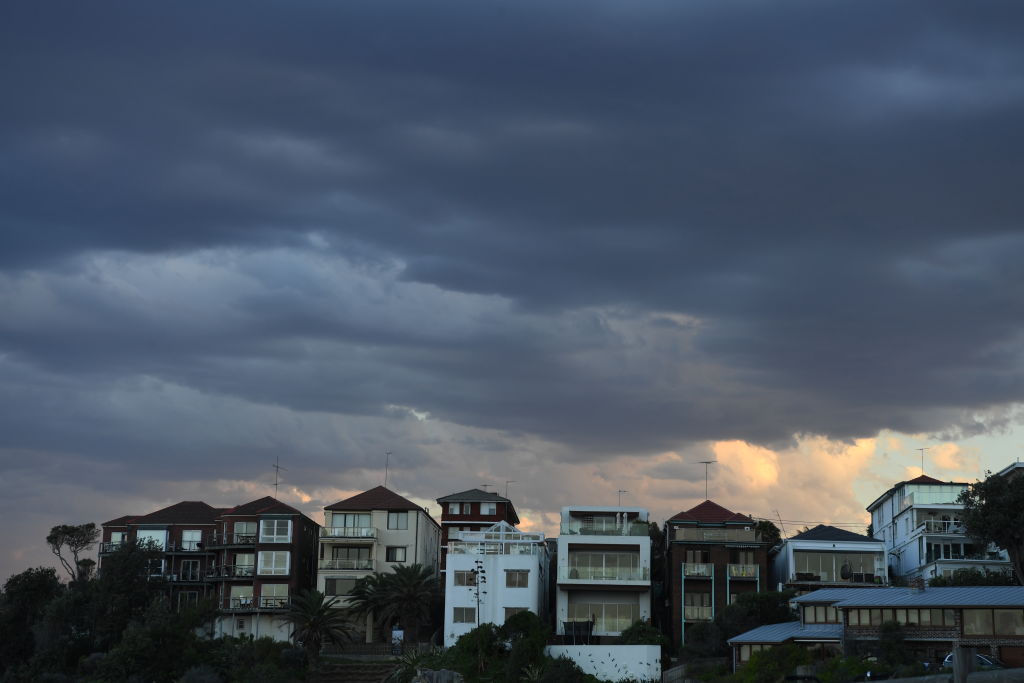
Sydney
“Maryanne” lives in Sydney’s inner west and found herself on Newstart after a retrenchment and the death of a parent a decade ago.
“I do suffer from depression and what happened through that time was like a bomb,” Maryanne says. She did not want her real name used or to be photographed because she felt so ashamed about her situation.
She tried to reinvent herself by retraining at TAFE and earned an advanced diploma in marketing.
Still unable to find work, Maryanne went onto Newstart about five years ago. Since then, she has applied for hundreds of jobs – rarely getting called back – so she can receive her fortnightly Newstart allowance of $616.
She said she was fortunate enough to buy a modest two-bedroom apartment in the mid-’90s but still struggled to get by.
“I take out $250 for the mortgage a fortnight, then I’m left with about $300 … you just can’t live off $300 a fortnight. My mortgage is do-able but when I get a strata levy or rates I just have got to put it on my credit card and dig into super.”
Maryanne is 61 and uncomfortable taking cash from what should be her retirement fund, as well as accumulating credit card debt at her age.
“I’ve had to — in the past couple of years — dig into my superannuation about $7000. I’ve taken out $6000 previously.
“I’m being overcharged because any bills I pay, I pay on credit card,” she says. That includes most of her living expenses like electricity and water.
“But that’s how I have to live … it’s like delaying another problem. If I’ve got no super to live on, the government is paying for it down the track.”
Maryanne would have no choice but to live in a share house if she lost her home and is frustrated and angry because she now has little support – despite working hard in a good career.
“They [the government] are forgetting that so many people on Newstart are not coping and the government’s ignorance and arrogance is astounding.
“I understand it’s the government and money is being demanded everywhere in terms of welfare and drought, but if you look at the long term of what these people can give back … that’s how it should be seen rather than all this negativity,” she said.
When contacted by Domain a spokeswoman for Families and Social Services Minister Anne Ruston said stories from Newstart recipients like these will not alter the government’s stance on refusing to raise the rate.
She instead pointed to the Try, Test and Learn fund, which had most recently provided $48.5 million to programs that provide training and mental health support to those looking for work.
“The Newstart allowance is a safety net and it is but one of the things that the government is doing to assist people who are currently unemployed,” Ms Ruston said in a statement.
“One of the things that I’m absolutely focused on is actually looking at all of the barriers that people who are unemployed find to getting into work.”
We recommend
We thought you might like
States
Capital Cities
Capital Cities - Rentals
Popular Areas
Allhomes
More
- © 2025, CoStar Group Inc.
